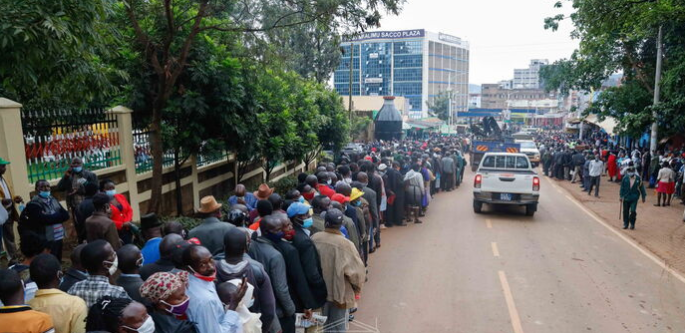Kirinyaga Governor Anne Waiguru has distributed 5,800 additional meko gas cookers to local households under the Financing Locally-Led Climate Action (FLLoCA) Program.
Waiguru also introduced a variety of development tools and resources, including water tanks, irrigation pipes, garbage skips, a waste collection truck, and fish pond liners, during an event held at Kamiigua Grounds in Kutus on Thursday, June 19.
Addressing a gathering of Kirinyaga residents, Waiguru said the county is shifting from reactive measures to long-term solutions designed to protect both livelihoods and ecosystems.
“Climate change continues to pose serious challenges to our communities, but we are taking bold steps to empower our people to enhance adaptation and promote sustainable growth, she said.
Waiguru noted that the distributed gas cookers would advance the adoption of clean cooking technology while mitigating deforestation and indoor pollution.
Read More
She referenced a similar effort last year, where 600 gas cylinders were donated to families living near Mt. Kenya.
“By shifting to clean cooking, we are effectively saving over 500 mature trees per year and saving our women and children from prolonged exposure to smoke that poses health problems,” she added.

Waiguru further revealed plans to establish a clean energy training program at Kibingoti Polytechnic, where women's groups will be taught to produce energy-saving stoves.
To further improve local resilience, Waiguru provided 10,000-liter water tanks to 20 community groups to facilitate rainwater harvesting.
In a bid to enhance solid waste management, 26 garbage skips and a skip loader truck were distributed to support cleanliness in markets and urban centers.
Waiguru noted that a Material Recovery Facility is also under construction to sort and recycle waste, a move expected to improve sanitation and generate jobs.
Additionally, the Inua Jamii Rupingazi Water Project will supply clean water to 500 households in Njukiini and Murinduko, while the Rukenya Irrigation Water Project received pipes to help farmers reduce their reliance on rain-fed agriculture.
To promote climate-smart farming, 60 farmers received dam liners to enhance fish farming and irrigation.
In addition, the county unveiled a fish feed processing machine that will allow local farmers to produce their own quality, affordable feed.
Looking ahead, Waiguru announced that 20,000 farmers will benefit from the distribution of macadamia and avocado seedlings during the next rainy season.
The tree planting initiative aims to regenerate forest cover while boosting farmers' income through agroforestry.
At the same forum, 17 self-help groups were issued tents and chairs, and one group received a Public Address System to support their social and economic activities.
Kirima Dairy Cooperative Society, which comprises 6,400 members, was also equipped with chemical supplies and milk testing tools.
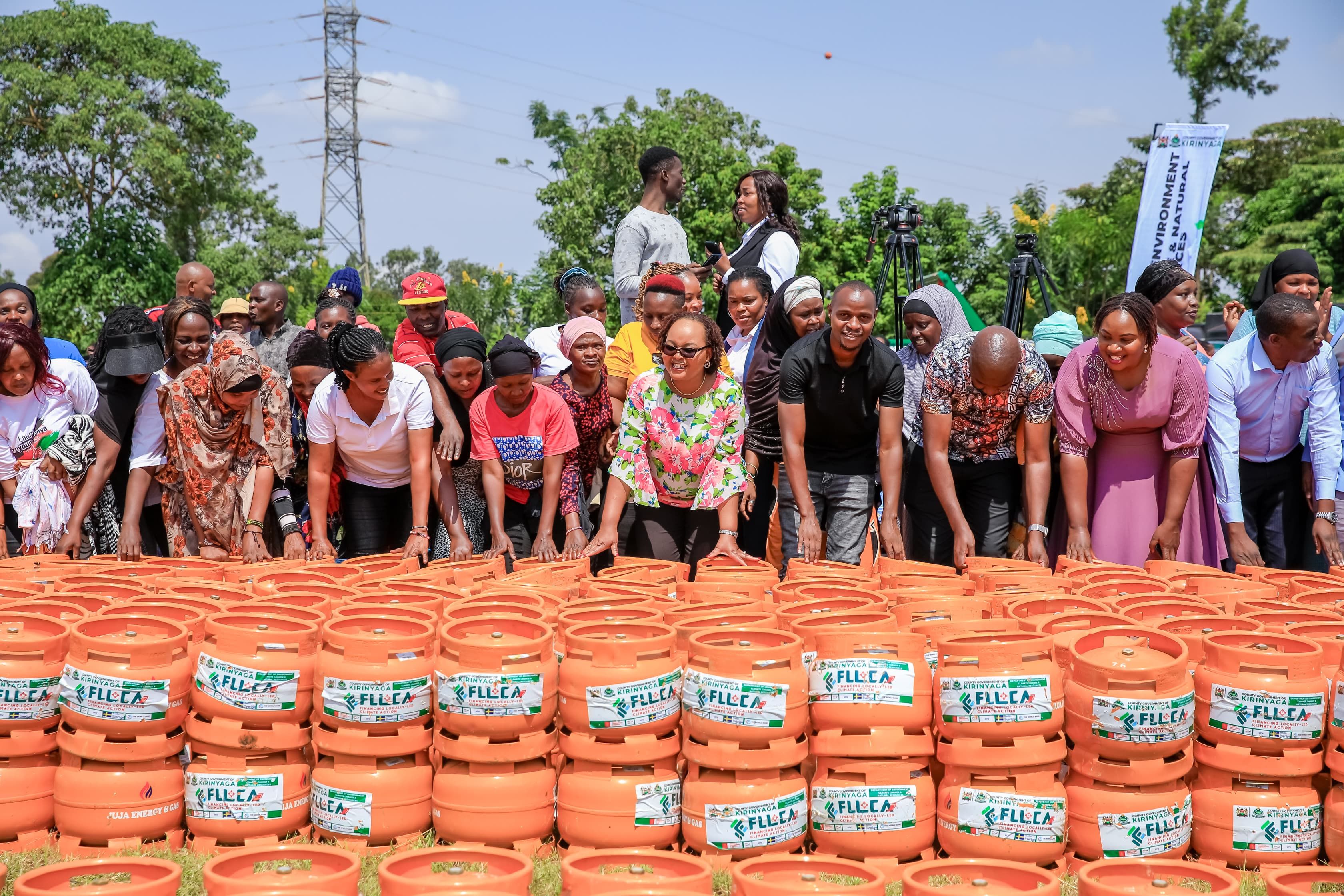
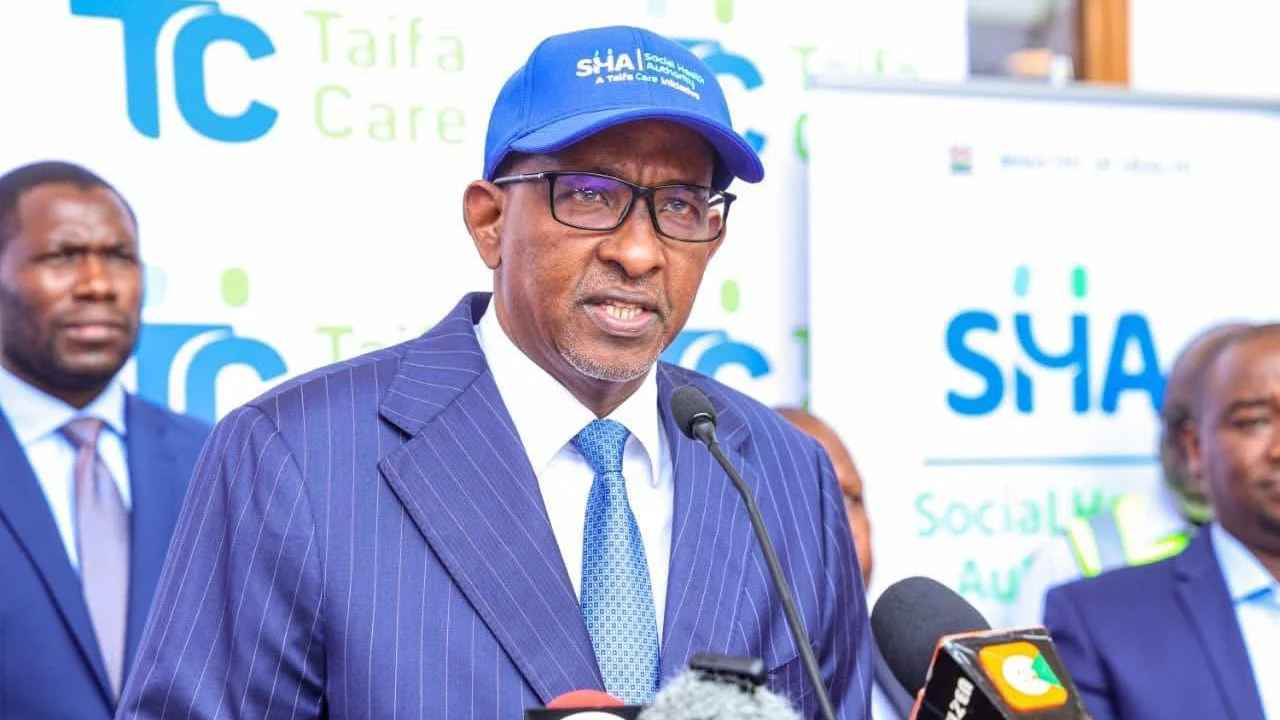
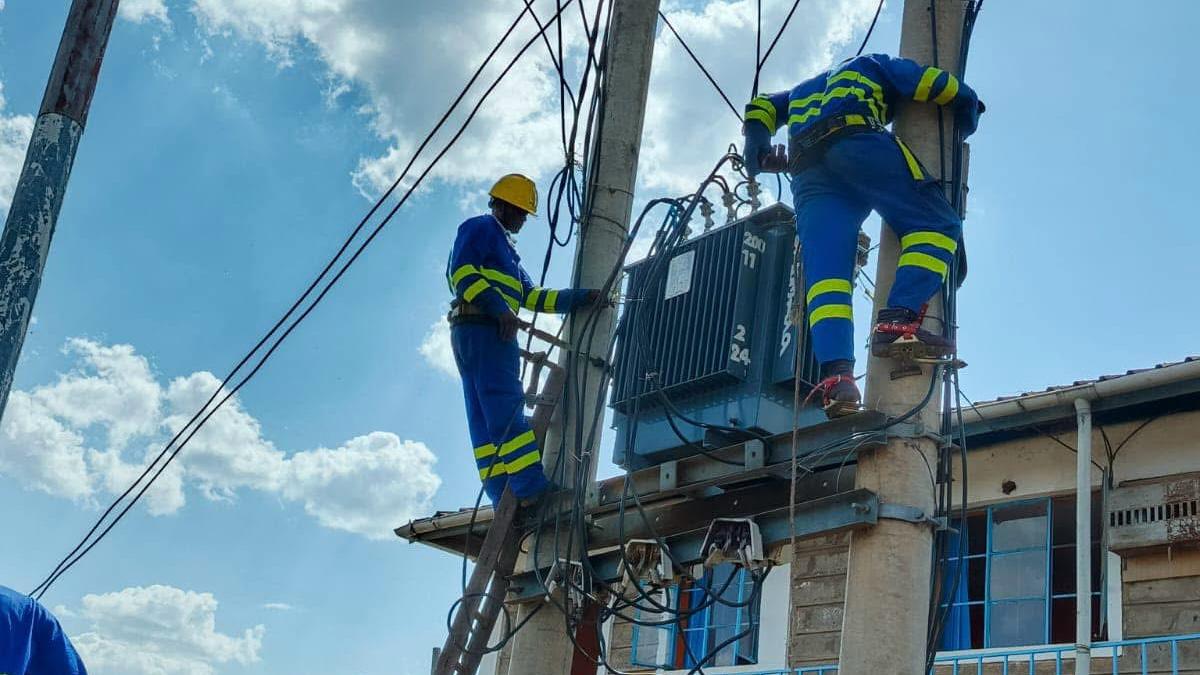

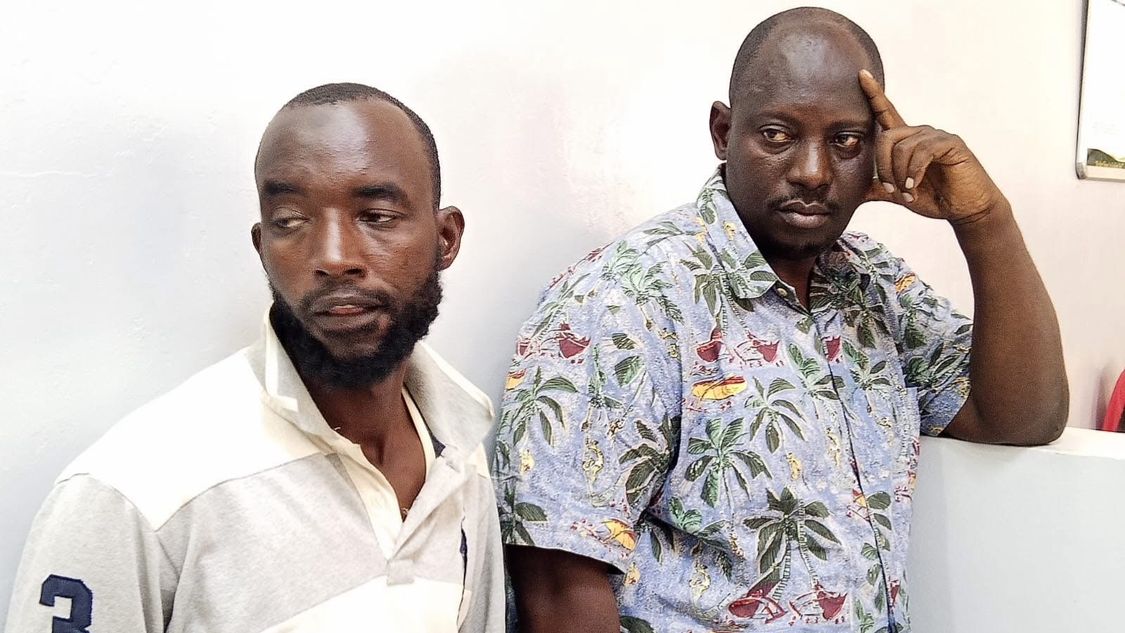
-1689060833.jpg)
